Product Description
Proven Telomerase ActivatorAbout TA 65®
TA 65® is a proven telomerase activator* that was originally discovered and patented by California biotech company Geron. Our clients take TA 65 capsules as part of a daily health regiment. TA 65 turns on the hTERT gene* which activates the enzyme telomerase which can lengthen your telomeres. You can be tested to measure your telomeres before, during and after taking TA 65 to show actual changes in telomere length.
How is TA 65® made?
TA-65 is a naturally occurring single molecule found in the small molecule from a medicinal plant. T.A. Sciences has developed a proprietary process to refine and purify TA-65. Our process begins with tons of plant material harvested from selected farms in one small region in China. In our plant extraction facility, the raw small molecule from a medicinal plant root is chopped up and refined. After initial extraction, the base ingredient is further purified and then sent to an outside government testing facility where it is tested for purity, heavy metals, and pesticides. The product is then sent to a FDA certified, state-of-the-art, laboratory for final purification that ends up with 90+% pure TA-65.
Why not simply buy a medicinal plant extract in a health food store?
Medicinal plant extracts can be found in most health food stores, but such products contain little or no TA-65. We tested four commonly available medicinal plant extracts and none of them contained any measureable amounts of TA-65 (the test assay is accurate to one part per million). Our proprietary production process starts with three tons of plant material and ends up with capsules that we guarantee contain 5mg of TA-65.
Telomere Science
There are trillions of cells in our body and at any given time a great number are dividing furiously to keep us alive and well. The process is directed by genes sitting on the 23 pairs of chromosomes found in the nucleus of each and every cell. The chromosomes are long sequences of DNA that contain all our genetic material. Each pair of chromosomes consists of one from your mother and one from your father and they are twisted around each other to form a structure called the double helix.
Of particular interest to the scientists at T.A. Sciences are the ends of each chromosome known as telomeres. Telomeres have no genetic function; they are simply stretches of DNA (repeats of base pairs) that protect the rest of the chromosome. These little bits of DNA are critical to healthy cell function and have been likened to the plastic tips on shoelaces because they prevent the chromosome from “fraying.”
However, telomeres become progressively shorter each time the cell divides. When they get too short, cells reach replicative senescence and can no longer divide. The result can be the various conditions associated with old age.
Scientists have only recently begun to understand the critical importance of shortened telomeres. Research has shown that people over 60 who have long telomeres experience greater heart and immune system health than their age-matched counterparts with shorter telomeres. Thus, it is becoming well-understood that maintaining telomere length is preventing age-related decline.
The phenomenon of cellular aging was first noted by Professor Lenhard Hayflick in 1961. He discovered that cells cannot divide beyond a specific number of times. This is called the Hayflick Limit. Cells reaching this limit become old. Although Professor Hayflick discovered this important scientific principle, he had no idea what caused it.
It took almost 30 more years before the role telomeres play in cellular aging was finally understood. In 1990, Calvin Harley at McMaster University in Canada and Carol Greider at Cold Spring Harbor Laboratory in the USA discovered that telomere shortening goes hand-in-hand with the aging process and is the direct cause of cells reaching the Hayflick Limit.

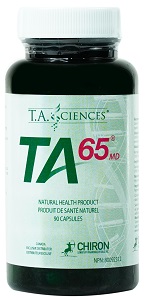

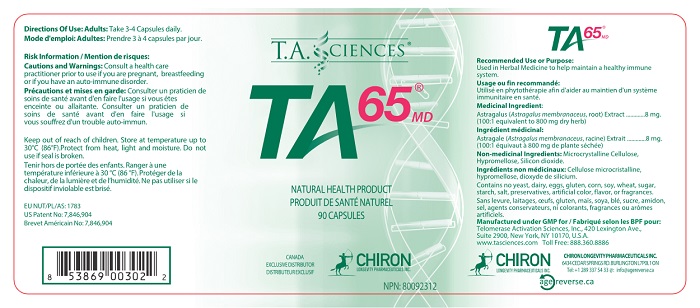
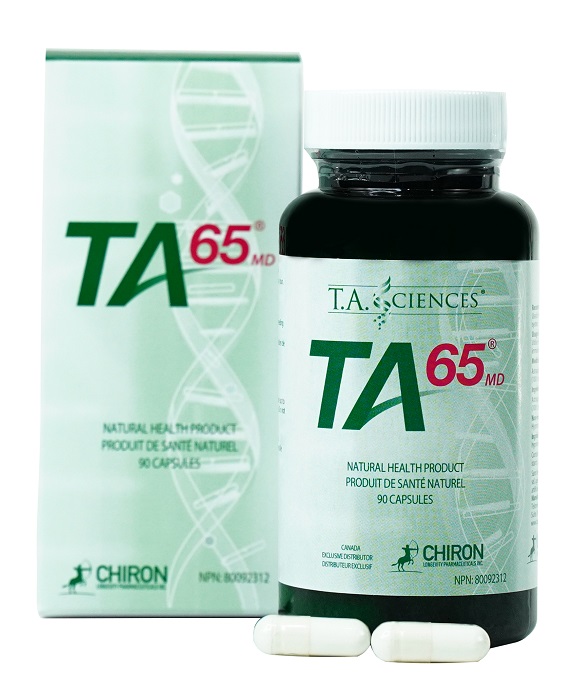
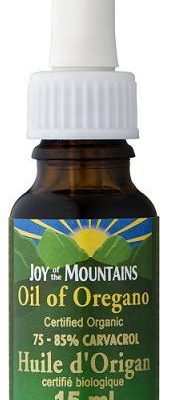
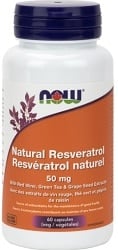
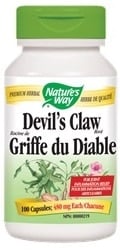
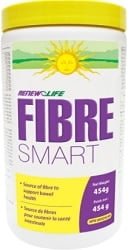
What others are saying
There are no contributions yet.